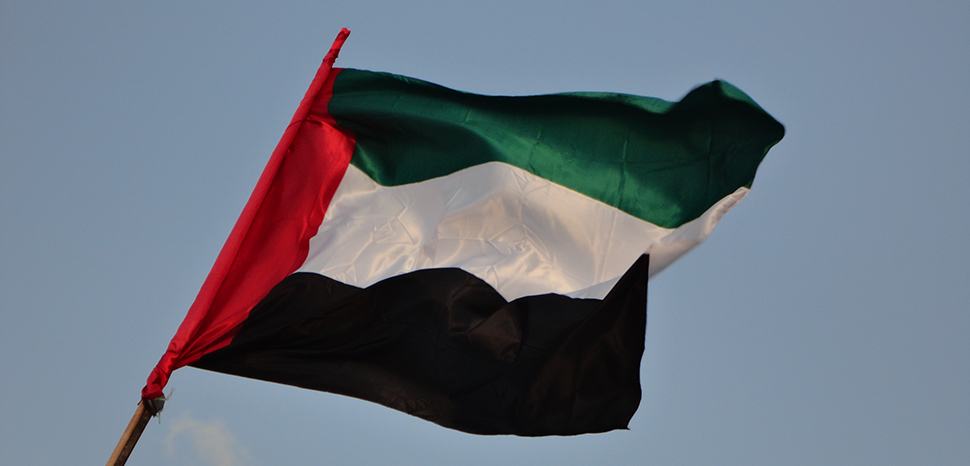In 2020, the state of Israel and the United Arab Emirates signed the Abraham Accords Declaration, which sought to assure a future of cooperation between the majority-Jewish state of Israel and the majority-Muslim state of the United Arab Emirates. The latter is home to significant populations of non-Muslims, including approximately 1000 Jews from various regions of the world. In 2019, the United Arab Emirates also made significant steps toward accommodating its religiously diverse population by announcing the establishment of a multi-faith worship center called the Abrahamic Family House in the capital city of Abu Dhabi – which would include a synagogue. After years of planning and construction, the Abrahamic Family House opened on February 16, 2023. The United Arab Emirates thus remains significant among Arab countries not only for its acknowledgment of and diplomatic relations with Israel, but also for its cosmopolitan attitude toward its religious minorities, the country’s Jewish minority included.
Given the normalization of relationships between Israel and the United Arab Emirates over the second half of the 2010s, as well as greater acknowledgment by the United Arab Emirates’ government of its Jewish population (both expatriate and local), the greatest question to ask in light of world events is whether or not this will place the United Arab Emirates’ government, or its Jewish population, in the crosshairs of violent individuals or organizations who object to the Israeli military’s actions in Gaza over the course of the current Israel-Hamas crisis, which erupted following the terrorist attack of October 7, 2023. This was an incident that resulted in 1,200 deaths and the taking of around 240 hostages.
Policies to prevent such an occurrence already exist in the form of the United Arab Emirates’ counterterrorism measures. These efforts include governmental support for Countering Violent Extremism (CVE) organizations such as Hedayah and the Sawab Center. However, these organizations exist only to prevent the spread of extremist sentiment, and their effectiveness among the country’s public may remain open to question, in part because these organizations are backed by the government and in part because the United Arab Emirates’ counterterrorism policy entails extensive cooperation with the United States.
At present, the government of the United Arab Emirates finds itself faced with a conundrum. Officials have publicly condemned Israel’s actions, potentially out of concern that the optics of doing otherwise may result in domestic backlash – including but not limited to the spread of extremist messaging, or violent terrorist attacks on UAE soil by either citizens of the country or foreign elements.
While the government of the United Emirates has made a safe play by condemning Israel’s part in the Israel-Hamas conflict, the country continues to maintain its ties with Israel. These ties continually risk exposing the country to internal violence by Hamas supporters or proponents of Palestinian independence. As such, the United Emirates finds itself in a precarious position, and must maintain a difficult balancing act.
The United Arab Emirates is faced at present not only with the realization that it must enhance counterterrorism measures aimed at protecting its government and royal family, but also more directed measures aimed at protecting the country’s local and expatriate Jewish communities as potential targets of violence.
The country’s current predicament could be viewed as an unforeseen consequence of the Abraham Accords. In the long-term, the Abraham Accords maintain the potential to normalize relations not only between Israel and the United Arab Emirates, but also between Israel and the rest of the Arab world. At present the United Arab Emirates’ government appears committed to maintaining longer-term ties with Israel, while also maintaining awareness of the enhanced (geo)political risk it has courted.
The views expressed in this article belong to the authors alone and do not necessarily reflect those of Geopoliticalmonitor.com.




